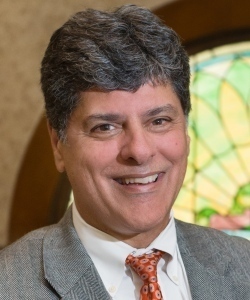What is a “no contest” clause in a will?
Occasionally, a client will ask us to include a “no contest” clause in his or her Will or Trust. A “no contest” clause may also be referred to as an “in terrorem” clause. This kind of clause means that if a beneficiary disputes the validity of the Will or Trust, the beneficiary will forfeit any bequest they might have received under the Will. Such a clause can dissuade a child who will receive less than other siblings under the Will or Trust from disputing the Will or Trust in court. “No Contest” clauses are generally enforceable and can be very useful as an estate planning technique.
A typical “no contest” clause might read as follows: “If any beneficiary contests the probate or validity of any part or all of my Will – or seeks to prevent the execution of its terms – then all of the terms of my Will that benefit the contesting beneficiary are revoked and the property passing to that person shall be treated as if they failed to survive me.
Do “no contest” clauses always work?
As with most things in life, however, there are exceptions. In a case that dates back to 1917, the Connecticut Supreme Court held that Will contests that have been initiated with “probable cause” may not trigger a loss of interest under a Will that has a “no contest” clause in it. “Probable cause” generally means a reasonable belief in the existence of facts that could prove that a Will is invalid on some grounds. An example of probable cause might be an ambiguity in the Will due to a drafting error.
To make sure that a “no contest” clause withstands a possible attack, the attorney must make sure that the circumstances surrounding the execution of the Will cannot be challenged when the testator dies. For example, the testator has to have the capacity to understand the Will that he or she is signing and equally as important, that person has to understand what they have and to whom they are leaving their property. This means that the witnesses to the testator’s signature also have to be convinced that the testator has capacity to sign the Will or Trust. The testator cannot be influenced to sign a Will that reflects someone else’s intentions rather than their own.
Ultimately, the use of a “no contest” clause can insure that your estate is distributed exactly the way you wish. Nevertheless, it is wise to talk to a lawyer about carefully drafting such a clause and making sure that your Will is properly executed.
If you would like to include a “no contest clause” in your Will or Trust or you are a beneficiary of an estate in which the Will includes a “no contest” clause, please don’t hesitate to call the estate planning attorneys at Cipparone & Zaccaro, PC.

